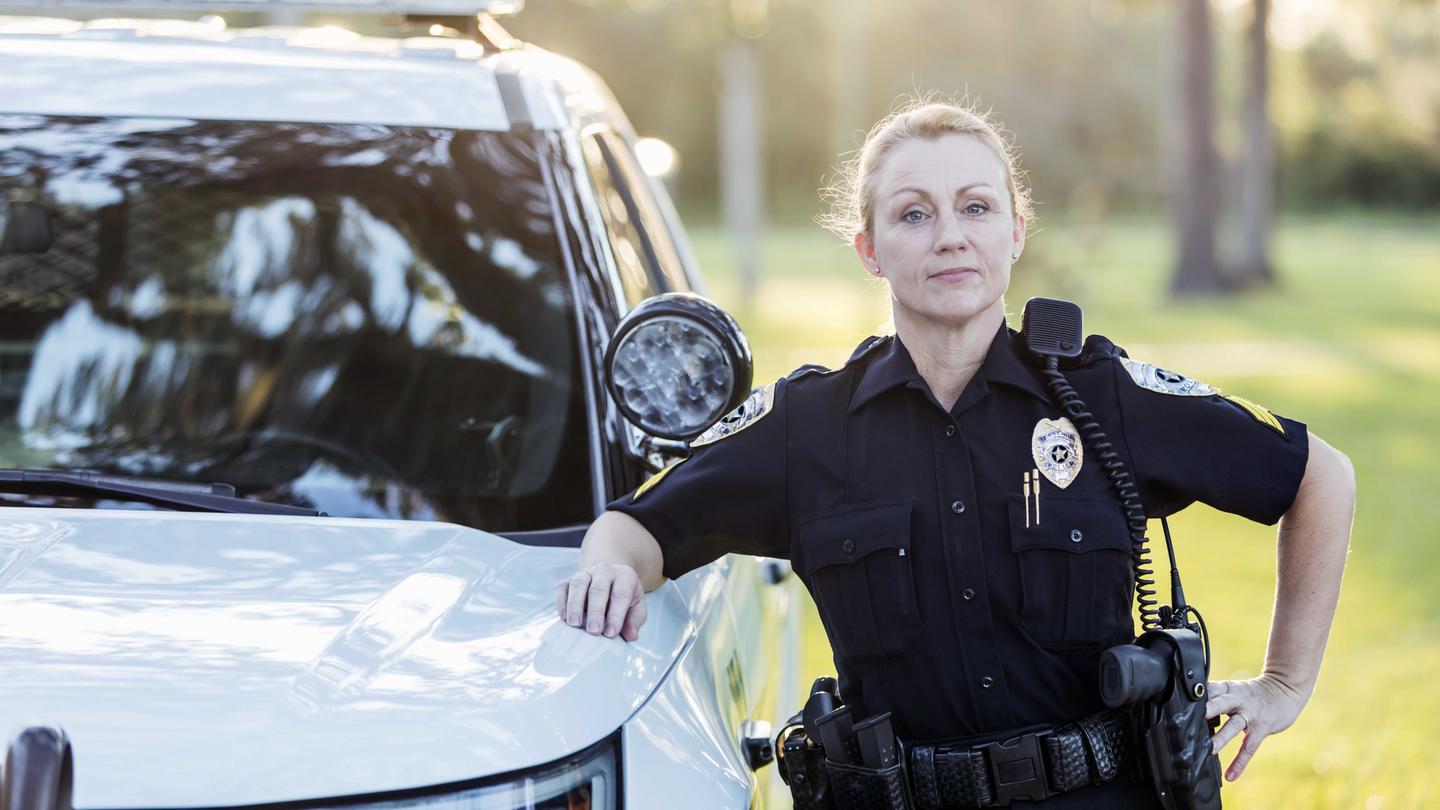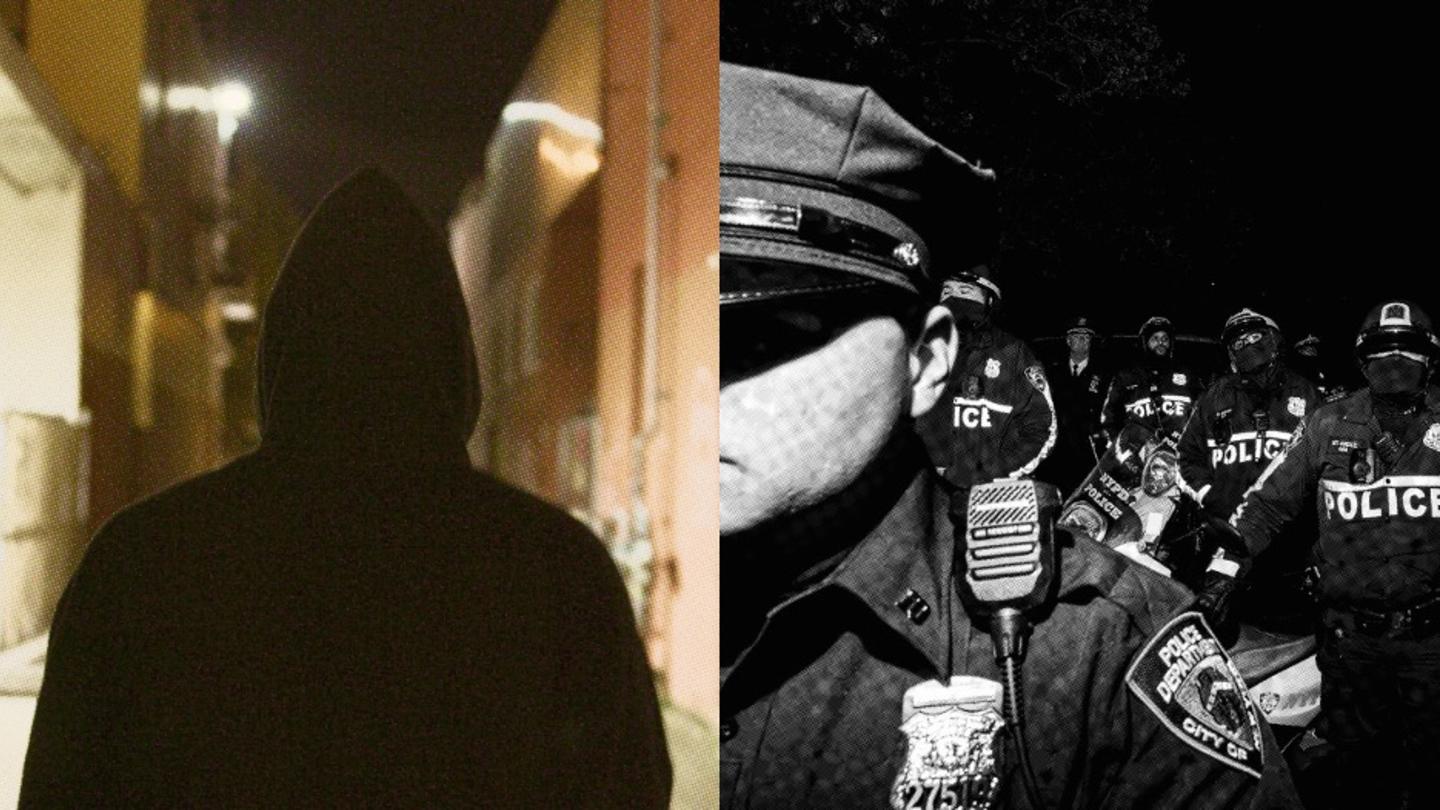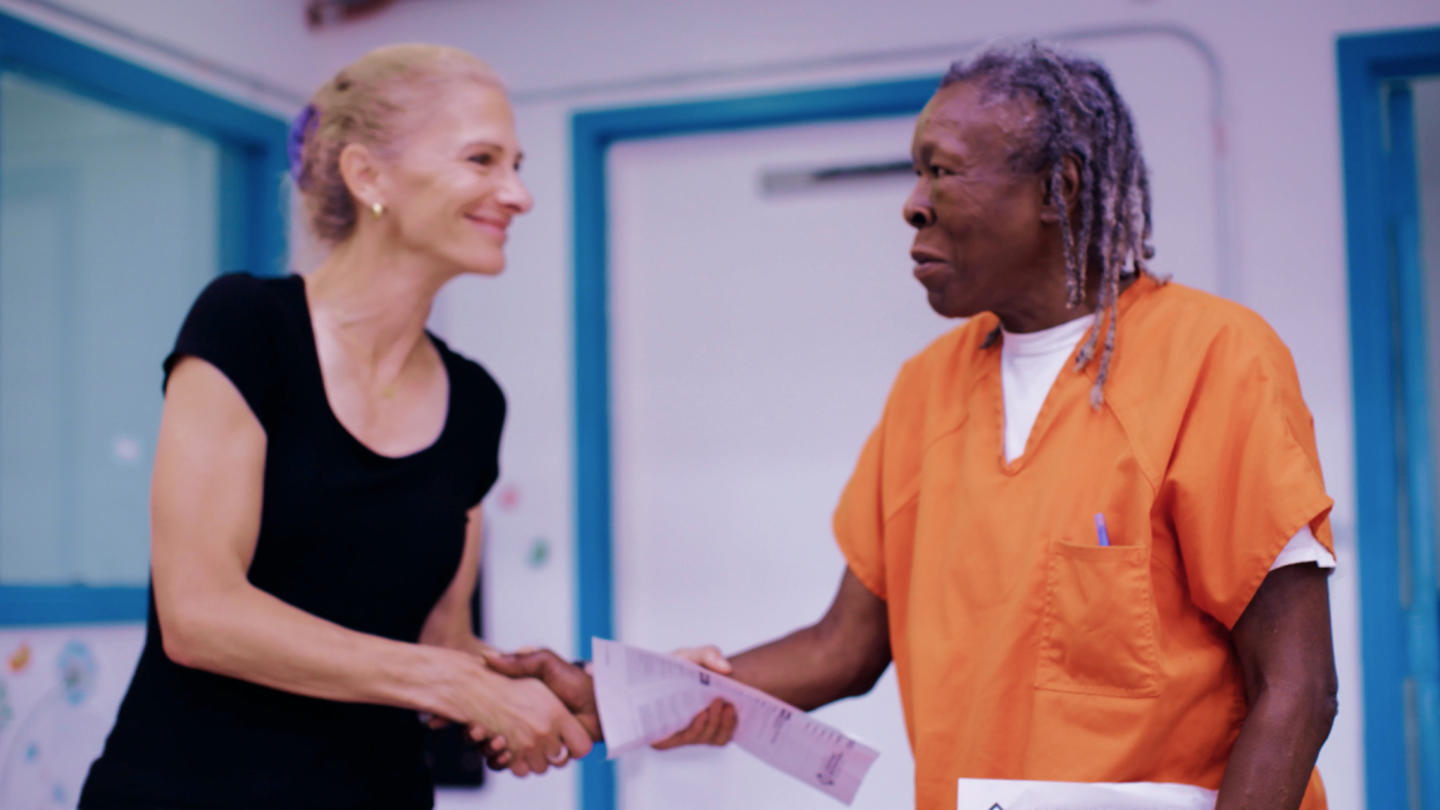This article was originally published by Stand Together Trust.
There has been growing anxiety among Americans in recent years regarding the safety of their communities. Crime rose during the pandemic, and already-overwhelmed law enforcement and criminal justice institutions have become backlogged and overburdened with too many cases to process effectively.
It is past time to make communities safer by implementing innovative, evidence-based approaches to criminal justice that reduce crime, support law enforcement, address social injustice and hold individuals accountable for violating the law.
It's time for a public safety approach that advocates for limited government — using the criminal justice system to protect rights (life, liberty, and property) -- while respecting human dignity through proportional punishment and the rule of law.
The prevailing approaches that dominate the criminal justice reform narrative will make it more difficult for effective communities-driven approaches that address the underlying causes of crime to thrive.
Proposed solutions that are government-first –- either through an ever-growing social services web or a more expansive criminal justice system -- fail to hold individuals truly accountable for their crimes. One calls for less funding to the criminal justice system and more funding to social services that address the social risk factors that can lead to criminal behavior. The other calls for wider and harsher punishments to deter others from committing crimes. On the one hand, the first solution often minimizes the seriousness of criminal behavior due to life circumstances; the other favors punishment that dehumanizes rather than rehabilitates individuals.
In a limited government approach, solutions are grounded in public health and safety and developed by members of the communities. They closely work with law enforcement, prosecutors, and other criminal justice stakeholders. This encourages a culture of openness to the gifts, talents, and contributions of everyone, including those with a criminal record who have served their just sentence and are ready to contribute to society. In turn, this fosters safer, stronger communities.
Leaders in criminal justice are implementing these sorts of community-driven solutions across the country.
In 2023, Stand Together Trust is collaborating with the following partners that support police officers, criminal justice stakeholders, and other community leaders working to keep communities safe.
Evidence-based public safety solutions for America
Led by Ja'Ron Smith, former special assistant for domestic policy for President Donald Trump, Public Safety Solutions for America is a coalition with organizations and leaders working to advance smarter criminal justice reform. In the wake of the killing of Tyre Nichols, it's clear more must be done to enhance professional policing, prevent serious crime, and create safer communities. Public Safety Solutions for America has developed a comprehensive plan to address the rise in violent crime with smart, proven measures based on the following principles:
- Properly fund police
- Focus time and resources on preventing and solving serious crimes.
- Focus on evidence-based policies that reduce violent crime.
- Continue to enact "Smart on Crime" policies that are informed by data, encourage alternatives to incarceration when appropriate, and focus on rehabilitation efforts during prison times.
These principles "focus on what works," the coalition affirms. Properly funding the police means, "law enforcement agencies must have the necessary resources to recruit, train, and retain quality officers to keep our streets safe." Empowering community organizations to do more to combat societal problems like addiction, mental health crises, and homelessness gives police more time and resources to apply to preventing and solving serious crimes. And violent crime can be reduced through "Ssmart on Crime" policy efforts like increasing education and work opportunities for individuals in the criminal justice system, leading to fewer repeat offenders.
Prison sentences should not be imposed just to "send a message." Stronger social services to improve public safety, sentences that fit the crime, and rehabilitating time spent in prison can lead to safer communities and a fairer criminal justice system.
Many STT grantees, including Right on Crime, Mackinac Center, R Street Institute, and Libertas have joined the coalition.
Council of State Governments Justice Center - expanding first response
It's clear that law enforcement is overburdened with responsibilities that don't promote public safety, and a variety of alternatives are better equipped to meet the needs of individuals. For example, Americans call 911 when assistance is needed in an emergency. While this can be an efficient way to deploy first responders -- whether police, fire, or emergency medical services (EMS) -- it often results in police officers being dispatched to resolve situations that could be better handled by health and social service professionals.
The Expanding First Response toolkit is designed to support communities and states that want to strengthen community responder programs. The toolkit, developed by the Council of State Governments, is an online resource that provides tips and guides for drawing on the experience of emerging models across the country. The toolkit presents key issues -- program staffing, call triaging, financial sustainability and legislative strategies — to any program's success, as well as highlighting growing community responder programs in various jurisdictions across the country.
Moving criminal justice forward
In recent years, law enforcement agencies nationwide have devoted resources and personnel to community policing -- a strategy of building meaningful connections with communities to foster trust and collaboration. This is a critical driver of solving crime in communities. Law enforcement is often left with few leads without the collaboration of those living in high-crime neighborhoods.
Despite the resources committed to community policing, unfounded opposition exists to its adoption. It is seen as dangerous by activists who want police presence decreased and soft or ineffective by too many law enforcement officers.
MovementForward, Inc., a social change organization, aims to bridge this gap by building a robust professional network of community engagement officers that share best practices, ultimately building greater trust between police and communities. MovementForward will do this by collaborating with diverse community engagement officers representing various community sizes, areas of the country, demographics served, and crime trends observed. Ultimately, MovementForward shares the vision that communities are safer, and safer communities thrive.
Together, the partnerships STT is creating in 2023 demonstrate that we can achieve both a reduction in needless justice system involvement and the preservation of public safety. By doing so, we can hold people accountable for their actions while connecting them with needed services to divert future system involvement and prevent lengthy prison stays down the road.
***
Stand Together Trust provides funding and strategic capabilities to innovators, scholars, and social entrepreneurs to develop new and better ways to tackle America’s biggest problems.
Learn more about Stand Together’s criminal justice efforts and explore ways you can partner with us.




